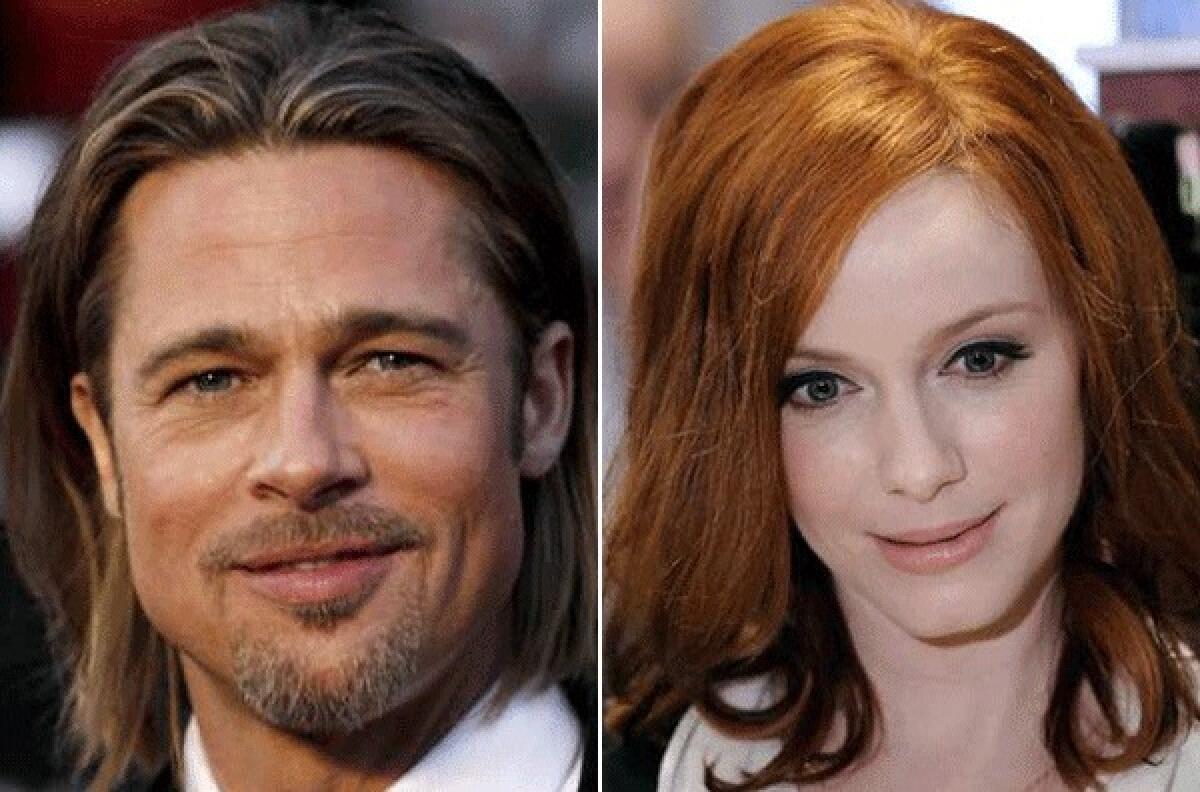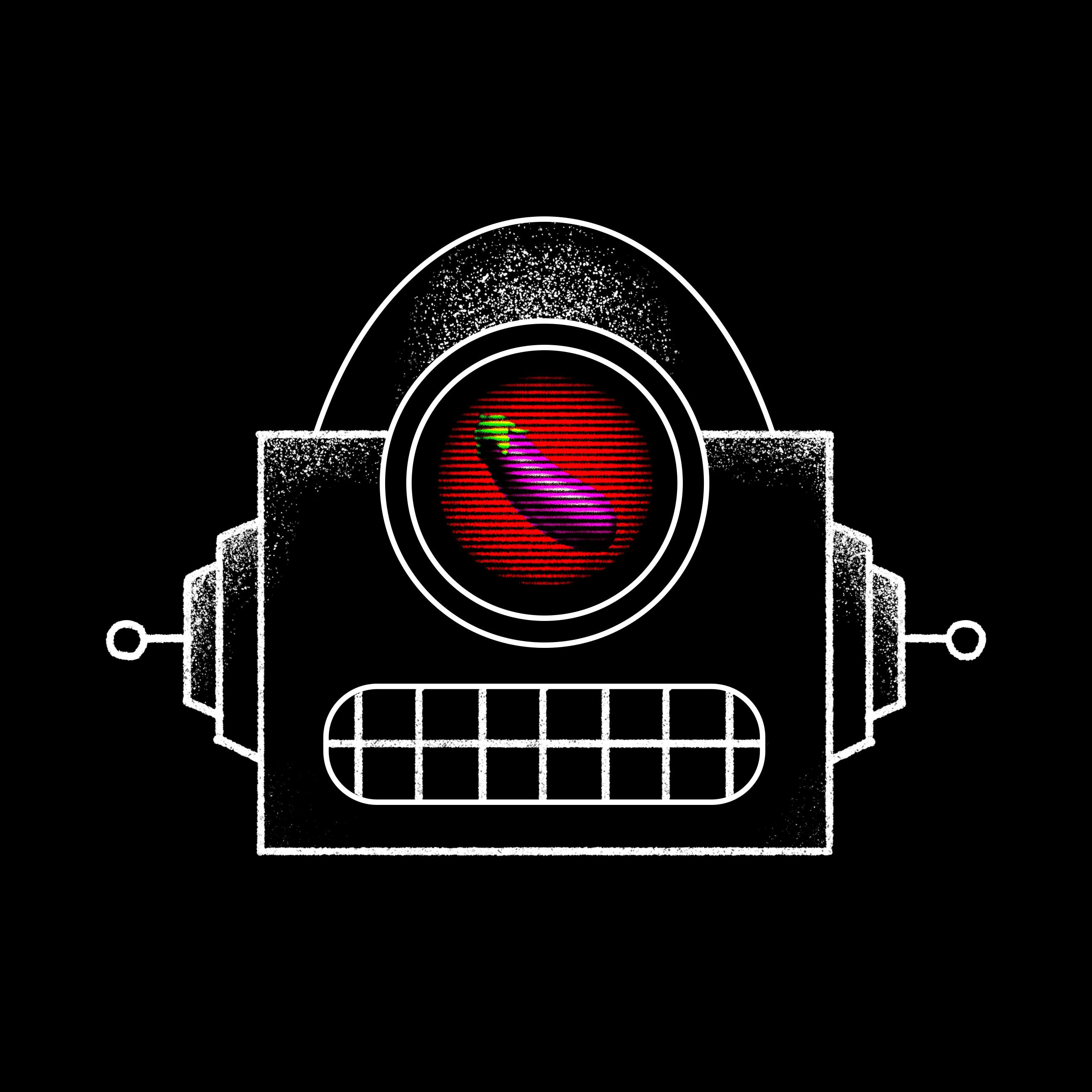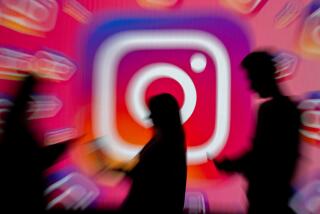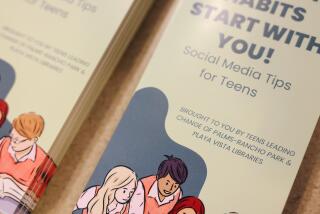Daum: Beauty in the eye of the app

- Share via
If you’re one of those people who says, “There should be an app for that!” every time you’re confronted with one of life’s little quandaries (recent entrepreneurial brainstorms in my household include What’s the Dog Thinking? and some form of gaydar), you’ve probably already imagined this: an app that will tell you how ugly you are.
Too late. The Ugly Meter has been around for more than a year, but thanks to a recent mention by Howard Stern on his satellite radio show, it’s suddenly become a sensation, with upward of 5 million purchases. You snap a photo of yourself and the app scans the image and evaluates it for things like symmetry, proportions of features, and face shape. It then registers a score between 10 (ugliest) and zero (least ugly) and “interprets” the score by displaying nasty little bon mots like “Any similarity between you and a human is purely coincidental.” For the pleasure, users pay 99 cents for a regular version and $4.99 for the upgrade, the Ugly Meter PRO.
But don’t go calling a plastic surgeon if you rate poorly. It seems that a scanned photo of Brad Pitt registered a dismal 8. “Mad Men” actress Christina Hendricks scored a mortifying 10. Meanwhile there have been reports of coffee mugs and desk lamps registering supermodel-worthy numbers.
In other words, Ugly Meter is complete nonsense. No one seems more aware of this than the app’s creator, Dapper Gentlemen, whose website pokes fun at its own press, particularly stories in which cyber-bullying experts were persuaded to weigh in on how the app might be damaging to young egos. “Oh look, yet another news organization picking up on a fake story and bringing us even more press and sales,” wrote the gentlemen. “Hizzah!”
But while the Ugly Meter may not pose a credible threat to the nation’s self-esteem, it does come at an interesting moment in the history of navel gazing. “Who’s the fairest of them all?” was once a private discussion between ourselves and our mirrors. But now we’re casting a wider net, crowdsourcing our looks, yearning for a quantifiable metric.
This has been a long time in the making. In 1999, the attractiveness ratings site Rate My Face gave way to Hot or Not, which inspired Mark Zuckerberg’s first social media venture, Facemash, which allowed Harvard students to assess the physical desirability of their classmates based on hacked images of their ID photos. It was shut down by the university within days. No matter, Facemash’s behemoth spawn, Facebook, has gone on to spin those shallow impulses into a way of life.
For all the interests the uber-site fosters — political movements, fan clubs, adorable kittens — the interest that generally trumps them all is self-interest. What, after all, are those carefully curated photos of babies and kitchen remodels and homemade gourmet meals if not invocations to be measured against others? Why has the false modesty known as the “humblebrag” (“Sophie’s torn between Yale and Princeton; tough timeshere!”) become the common language of social media? Why do most of us have at least one “friend” on Facebook who periodically posts a photo of herself accompanied by a phrase like “I’ve still got it!” or “not bad for 40”? And why do so many “friends” of this “friend” chime in with a stream of predictably disingenuous praise along the lines of “ooh la la!”?
Well, partly because Zuckerberg has made it easy. But I suspect our need for public validation (and its corollary, public humiliation) is also the product of a culture whose obsession with image is matched only by its obsession with classifying and ranking things. In a sense, our whole world has become an Ugly Meter.
We live with an ever-unfurling scroll of information about who’s winning and who’s losing. We’re barraged with polls and bestseller lists and box office returns. Our favorite television shows are competitions in which the audience gets to cast votes and kick people off. And perhaps most tellingly, when it comes to our own self-regard, the mirror has ceded its authority to the computer or smartphone screen.
Pretty soon, any similarity between humans and consumers of certain kinds of digital media may indeed be coincidental. Not because we’re ugly or beautiful, but because we will have lost a basic human trait: the ability to judge for ourselves.
More to Read
A cure for the common opinion
Get thought-provoking perspectives with our weekly newsletter.
You may occasionally receive promotional content from the Los Angeles Times.










